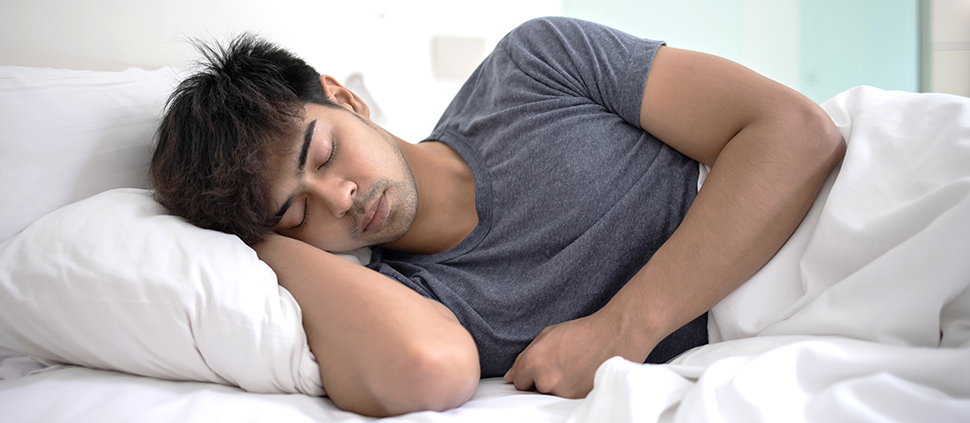
Sleep Dentistry: Fear the Dentist No More
Dentistry goes beyond just teeth and gums. Our dental professionals have solutions for your anxiety. Sleep dentistry, also known as Sedation dentistry, is a method dentists use to calm their patients down for the best treatment process. This helps to curb anxiety when going for dental treatments or visits.
Sleep dentistry is commonly used when doing root canal treatments, dental implants and wisdom tooth extractions. There are three main types of sedation or sleep dentistry we use to relax patients to feel comfortable during dental procedures available.
What Are the Types of Sedation?
Inhaled Nitrous Oxide
Nitrous oxide is a common treatment used in sleep dentistry. It is the use of laughing gas mixed with oxygen passed through a mask placed over your nose. While it helps you relax, our dentist can easily control the sedation level by reducing or increasing the amount of gas that you inhale and the effects wear off relatively fast.
Oral Options
There are a few types of oral sedation, and depending on the dose given, this sedation method can vary from minimal to moderate. These won’t render you unconscious but will relax you enough and soothe over anxieties you may have.
A larger dose may be given for moderate sedation. This can make you groggy enough to fall asleep during dental procedures. However, they usually can be awakened from a gentle nudge.
Intravenous Sedatives
Intravenous sedatives are also known as monitored anaesthesia care (MAC). It calms down a patient through an intravenous (IV) placed in a vein. These include general anaesthetics and IV sedatives that will put you in a deep sleep until much after the procedure. If this sedation method is used, you need to have someone get you home after your procedure.
Is Sleep Dentistry safe?
With every procedure, there is always risk involved. With sleep dentistry, there is a change of getting anaesthesia. Anaesthesia is a state of temporary memory loss, confusion, nausea and chills.
Although rare, anaesthesia can be dangerous for patients who have obstructive sleep apnea. Sleep apnea is when you momentarily stop breathing in your sleeping. If you experience sleep apnea, anaesthesia causes the throat to close up during surgery, making it challenging to regain consciousness and breath after surgery.
Before being sedated, we will conduct a standard consultation about your medical history and any medications you're currently taking. Through this, our dentist will determine if you are a suitable candidate for sedation.
Luckily, you are in safe hands with Nuffield with our skilled dentists which majorly reduce the risk of developing any of the risks from anaesthesia.
.png?width=2223&height=447&name=Background%20(4).png)

-1.svg)




